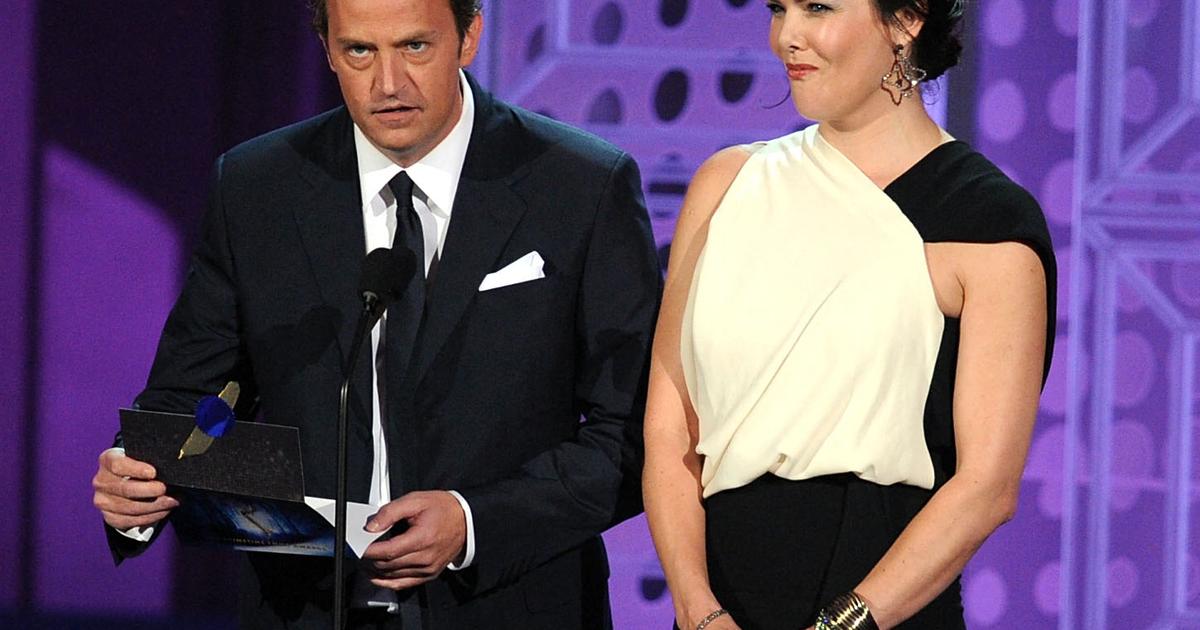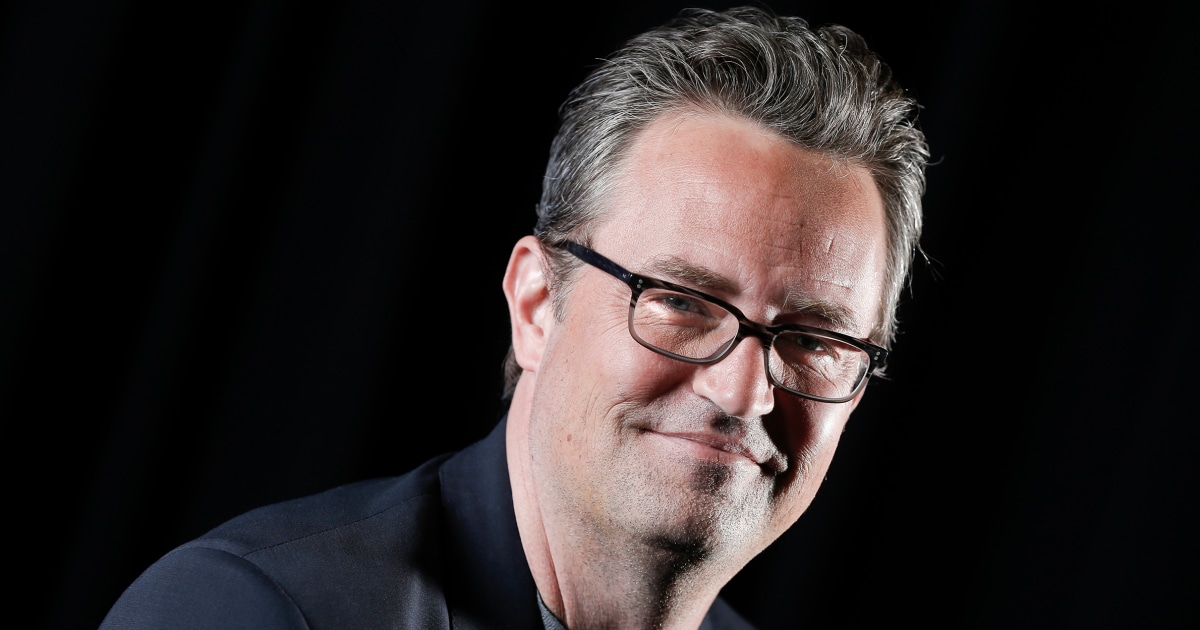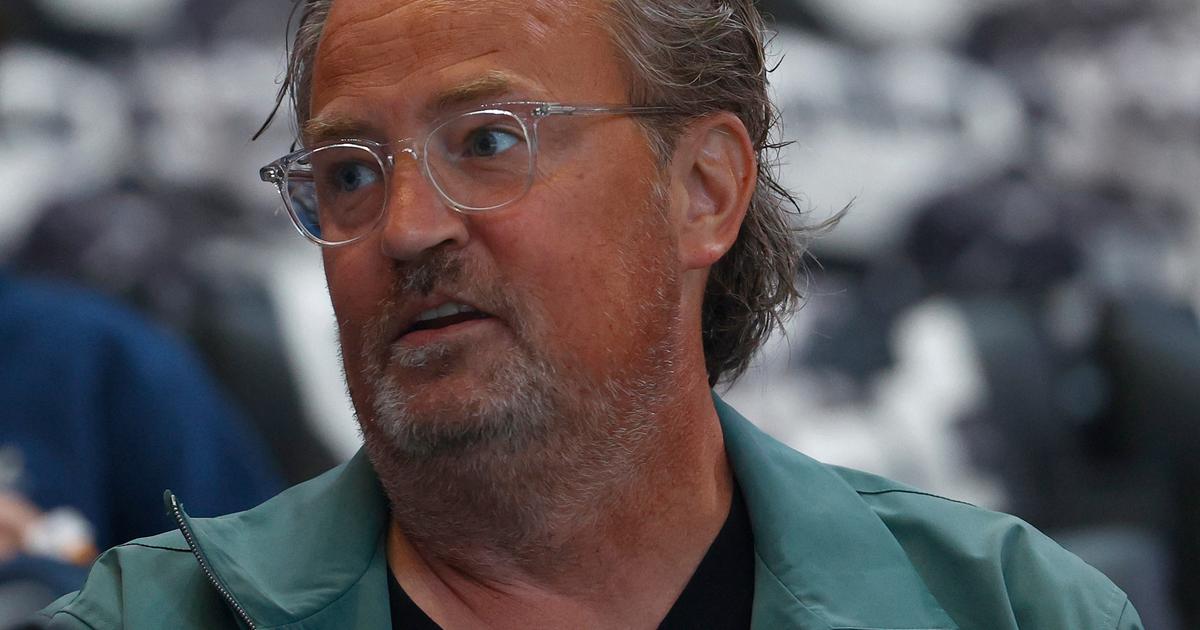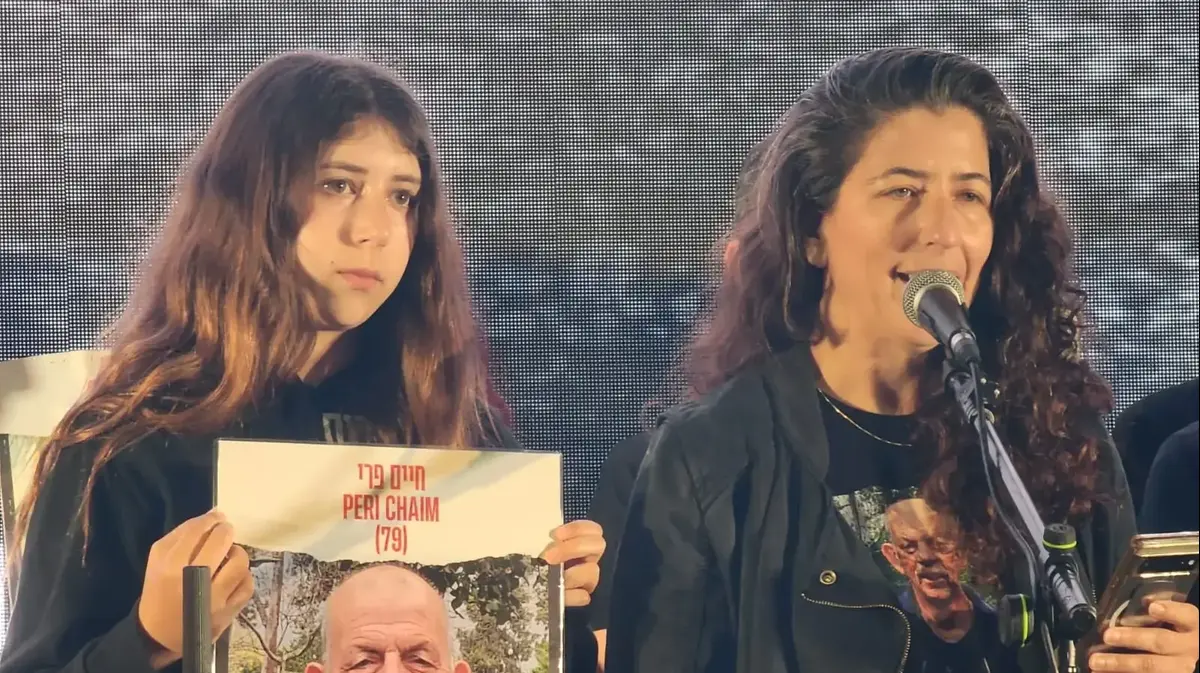SPIEGEL:
60 years of "Perry Rhodan" - no other science fiction novel series is so long-lived.
What is the secret of success?
Zietsch:
It has simply taken on a life of its own.
When the series began in 1961, the assumption was: "We can't do more than 50 magazines." At that time there were many weekly magazine novels, mostly short-lived.
But then “Perry Rhodan” captivated people so much that we still have readers today who have been with us since issue one.
SPIEGEL:
More than 3,100 issues have now been published.
How has the German-born US astronaut Perry Rhodan, our man in space, changed?
Zietsch:
Of course, it has adapted to current events, as other authors write it today than they did then.
But his basic character remained: he longs for intergalactic peace and faces all confrontations in order to protect the galaxy.
And even though he's over 3,000 years old, he's always ready to learn new things.
Perry Rhodan explores the unknown.
That is probably one reason why the series still exists: because it conveys a utopia.
SPIEGEL:
For many readers, Perry Rhodan is part of their childhood and remains stuck with the science fiction of the 1960s.
What is more important for the series: looking ahead or looking back?
Zietsch:
It's a mixture of both.
We gain new readers, but the long-time readers predominate and are enthusiastic when we take up earlier narrative threads today, clarify old secrets or convey new philosophies.
This is what makes the series "Sense of Wonder".
SPIEGEL:
In science fiction, this is used to describe the amazement when the unexpected meaning of an element suddenly unfolds - for example when Neo realizes in "Matrix" that he has lived his entire life in a computer simulation.
But haven't all of Rhodan's questions gradually been answered?
Zietsch:
Not at all.
In the year 429 of the New Galactic Era, that is to say according to our era in the year 4016, he had the opportunity to find out the answer to the "Third Ultimate Question" on the mountain of creation - that is, knowledge that no one before him had achieved.
But Rhodan didn't want that answer to everything - whether she's 42 or not
(laughs)
.
Perhaps because he was afraid that this knowledge would overwhelm him.
Or end it all for him.
SPIEGEL:
At first, some critics disparaged the novels as downright fascistoid, because Rhodan was a blond, blue-eyed grand administrator of the Solar Empire with sole power over everything ...
Zietsch:
... but the series wasn't like that even then.
If these people had read it, they would know that. Yes, he's a hero.
However, he was never the sole ruler, always listened to others, worked with others, regardless of skin color or gender.
Rhodan was elected and always wanted to build a common future on a democratic basis.
Nothing changed about that.
SPIEGEL:
Wasn't Perry Rhodan different from what he is today?
Zietsch:
At the time of the Cold War, it was a bit more militaristic, of course.
For example, they walked around in uniforms, that was just part of the time.
SPIEGEL:
How did you get into "Perry Rhodan"?
Were you a reader first, or did you only start when you became a writer in the 1990s?
Zietsch:
I was four weeks old when the first episode came out.
My brother brought the magazine home and read it with our father.
When I got my hands on the magazine, I "read" it in my own way - namely, dismantled it into its individual parts
(laughs)
.
But it must have done something to me: As a teenager I got myself the first 400 issues.
Then I was no longer interested in the series, I wanted to do something different.
SPIEGEL:
You did that too - and wrote the 1000-page fantasy cycle "The Dreaming Universe" as a teenager.
How did you get back to science fiction?
Zietsch:
At the beginning of the 1980s, I sent my first copy to many publishers and went to publishing events.
My book wasn't published, but I was passed around because they saw potential in me.
That's how I got to know some "Perry Rhodan" authors.
For a long time, Ernst Vlcek wrote the exposés after which the magazine's authors write that he became a good friend.
I've been asked several times if I don't want to participate, but I wanted to take my first steps as a writer alone.
In 1991 I accepted.
SPIEGEL:
You were the only woman on the team for a long time.
Was it exhausting to work in such a man's habitat?
Zietsch:
My first authors' conference was in 1992 - and apart from Ernst Vlcek, none of the team knew who I was.
Suddenly a young girl was standing in front of all the regular authors and said: "Hi, I'm the new one!" But Walter Ernsting, alias Clark Darlton, gave me a very warm welcome.
The others didn't care at first.
It was already male-dominated, you have to say.
Even if women were officially treated as equals in the series, it took a long time before women were no longer described as "girls".
Often they had two doctorates, but still brought the coffee.
Of course, that has changed since the sixties.
SPIEGEL:
Is working in the Perry Rhodan team of authors very different from writing as an individual author?
Zietsch: It’s
huge.
You can't just fool around, work in a team according to specifications and discuss with the editor-in-chief how you want to present the story.
A magazine is published every week, so the deadlines and concepts are very tight.
You have to pay attention to a lot, but you always have space within the synopsis to build your own plot and characters.
If you can live with the fact that these characters will never be used again
(laughs)
.
And it's a lot of research.
SPIEGEL:
The fictional »Perryversum« with all its worlds, species, characters and stories has grown over six decades. As an author, how do you keep track of things instead of getting tangled up in contradictions? And how do the fans react to mistakes?
Zietsch:
Oh, they can see that!
They notice mistakes.
We're all human, but many people are already looking over it to avoid mishaps: Two authors write the synopsis and discuss them with the editor-in-chief, two other employees check technical aspects - only then does the synopsis go to the authors.
And yet sometimes a mistake creeps in.
Then the entire editorial team has to be informed about possible effects on subsequent novels.
It has happened, for example, that a character was in a completely different, a false galaxy.
It is helpful that there is now an online encyclopedia, the »Perrypedia«.
But that too contains errors.
SPIEGEL:
Do you have a favorite episode after all the magazines?
Zietsch:
I've written hundreds of episodes, so you hardly rave about one in particular. As soon as I have submitted one, the next synopsis will be available, and I may be in a completely different galaxy. But one episode was close to my heart because it was about dementia in a figurative sense: I described a character who was mentally falling apart - if not due to dementia. But I was able to bring in what it is like for the environment and what happens to you when you fall apart mentally. That was a very important novel for me.
SPIEGEL:
The »Perryversum« has an enormous variety of topics and also cartoon-like characters. A favorite character of many fans is Pucky, the mouse beaver: a humanoid beaver with a mouse head who is telepathic and telekinetic and can teleport himself. How do you come up with something new - at some point you had everything, right?
Zietsch:
Of course you repeat yourself to a certain extent.
Nevertheless, everything has its right to exist: Pucky is a character who cheers up in all the gloom.
Even though he also has his dark days, after all he is the last of his kind. Pucky can sometimes talk more boldly, which Perry Rhodan should never be allowed to do.
He's the hero, he can't be slack.
In addition, Pucky is small and plush and has big ears - so he really touches the emotions.
SPIEGEL:
When series production started in 1961, the world was in the Cold War, and the USA and the Soviet Union were racing to the moon.
In fiction, Perry Rhodan was the first person to step on the moon, in reality it was American astronauts in 1969. Since then there have been space missions, probes and even space stations.
How did that affect the series?
more on the subject
Dime novels: The world for fifty pfennigs by Johanna Lutteroth
Zietsch:
It's funny how much the real technology has overtaken "Perry Rhodan" in some cases.
At the very beginning, the computers there still worked with punch cards, for example.
You had to invent new technologies in fiction in order to be further ahead: for example the anti-grav traffic system with flight gliders.
There were also no cell phones at Rhodan - they had their multifunctional wristbands.
But I think we now have a secure head start: For example, there will be no real transmitters for a long time that you can get into on Earth and get out on Mars.
SPIEGEL:
What do you wish Perry Rhodan for his 60th birthday?
Zietsch:
That it is constantly evolving, in every reading medium of the future. And that the series will be around for a long time, that it will continue to receive recognition and not be dismissed as a dime. Because it is literature.















